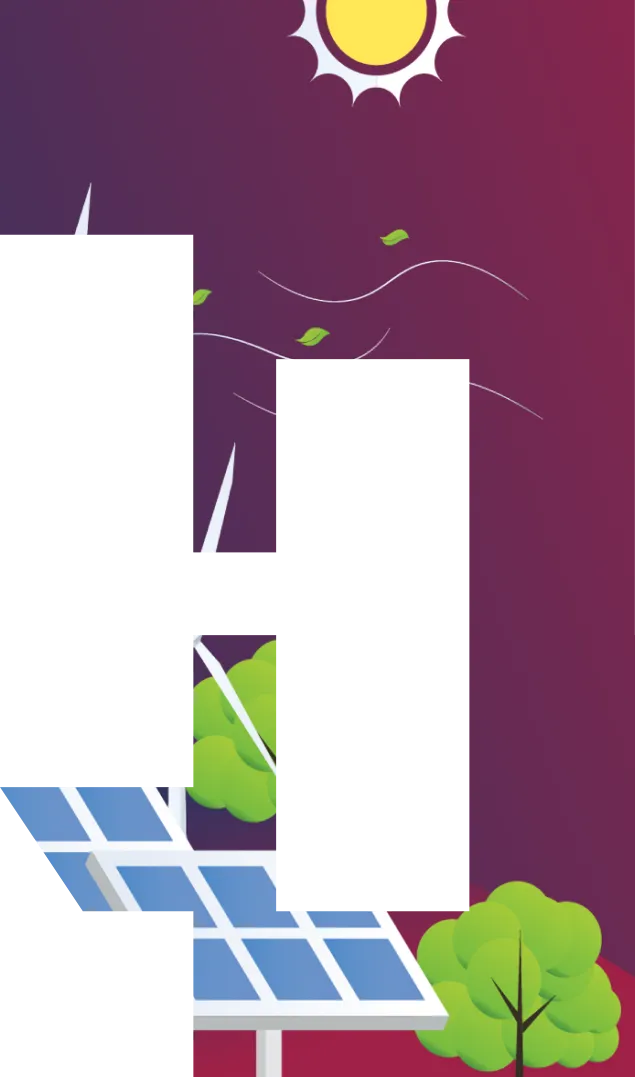When
Where
The 3rd Industrial Mathematics Forum is all about innovative approaches to sustainable energy systems and their transformation. Experts from science and industry will share practical insights into how mathematical models can help shape a sustainable energy supply. An opportunity to get to know new ideas and concrete solutions.
Program
Hydrogen as the backbone of a climate-neutral energy system
Dr. Geert Tjarks, EWE GASSPEICHER GmbH, Oldenburg
Helleheide: A neighborhood as a physical laboratory for the energy transition
Dr. Julia Masurkewitz-Möller, City of Oldenburg, Digitalization and Sustainability Department
Challenges of managing an energy grid
Dr. Michael Schollmeyer, TenneT TSO GmbH, Bayreuth
The best energy storage system is the one that is never built! Exploiting flexibility potential using the example of the frozen food industry.
Sören Eilenberger, fleXality GmbH, Bremen
The interactive sessions offer you the opportunity to gain deeper insights into the topic and work on solutions together with the speakers of the keynote speeches:
Energy storage – Felix Langen, University of Bremen, ZeTeM
- What will Bremen’s industry of the future look like?
- Why do we need hydrogen?
- How can we use optimization in the development of infrastructure?
Energy consumption – Lars Kappertz, University of Bremen, ZeTeM
- How can the production and use of renewable energies in agriculture be optimized?
- Which methods from industrial mathematics and nonlinear optimization can be used?
- How can farmers also benefit from this?
Energy networks – Malin Lachmann, University of Bremen, ZeTeM
- How can decentralized district grids support the energy transition?
- How can the stability of energy grids be guaranteed in the light of the increasing integration of renewable energies?
- How can line losses and CO₂ emissions be minimized without jeopardizing grid stability?
Transformation – Tim Meyer and Viacheslav Solovievskyi, University of Bremen, ZeTeM
- How can school and university students be involved in the energy concepts of the future?
- What are the optimal energy concepts for a sustainable future?
- Who are the key players in the energy supply of the future?
- How can scientific research be brought closer to students?
Beim gemeinsamen Netzwerken haben Sie die Möglichkeit, sich mit Expert:innen und Interessierten auszutauschen und wertvolle Kontakte zu knüpfen. Unsere Demonstrator:innen zeigen praxisnahe Beispiele, wie Industriemathematik zur Gestaltung der Energiewende beiträgt.
